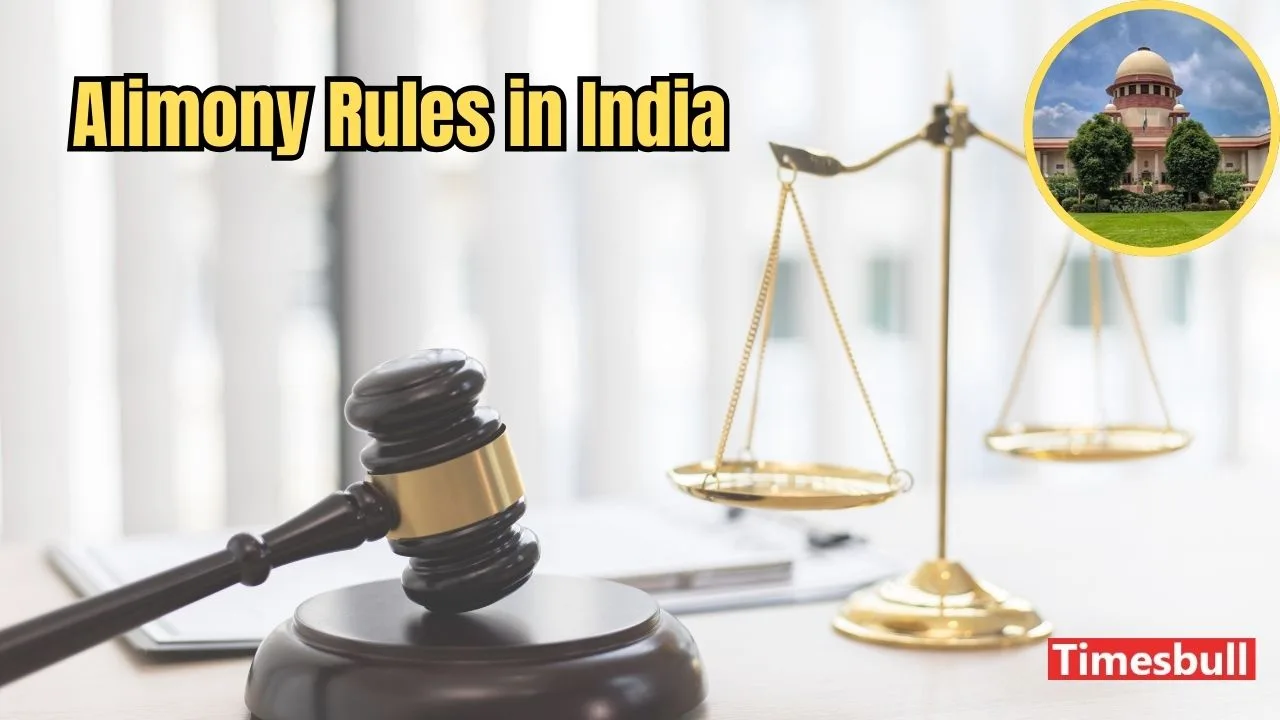Atul Subhash suicide case: For the past few days, there has been a debate in India regarding alimony and maintenance laws. These rules provide financial assistance to the dependent partner and children after a divorce or separation. Recent incidents, such as the tragic death of AI engineer Atul Subhash, have once again highlighted the challenges related to these laws. Here, we present some key questions and answers to help you understand everything about alimony.
The recent death of 34-year-old AI engineer Atul Subhash has sparked intense discussions on social media and within the legal community, raising concerns about the potential misuse of legal provisions, particularly Section 498(A) of the Indian Penal Code. Subhash’s passing has renewed a nationwide debate on the allegations faced by men and their families under this controversial section.
What is Alimony?
Alimony is financial support one spouse may have to pay to the other after a divorce or separation. It helps the lower-earning spouse maintain a similar standard of living to what they had during the marriage. The amount and length of alimony depend on factors like the marriage duration, the recipient’s financial needs, and the paying spouse’s ability to support them. Payments can be temporary or permanent, depending on the situation.
What is Alimony or Maintenance in Indian Law?
Alimony, also known as maintenance, is financial support given by one spouse to the other or their children after a divorce or separation. It helps meet the needs of the dependent spouse and their children. In India, there are various laws regarding alimony:
- Section 125 of the Code of Criminal Procedure (CrPC): This section provides maintenance for the wife, children, and parents.
- Hindu Marriage Act, 1955: This act provides for alimony and maintenance for Hindus.
- Special Marriage Act, 1954 and Indian Divorce Act, 1869: These acts provide similar provisions for other communities.
What are the Maintenance Rules in India?
Under Indian law, the following individuals can claim maintenance:
- Wife: If the wife is unable to support herself financially, she can demand maintenance at the time of separation.
- Husband: In some cases, the husband can also claim maintenance if he is physically or financially dependent on the wife.
- Children: Children are entitled to maintenance from their parents for their upbringing.
- Parents: Elderly or financially dependent parents can claim maintenance from their children.
How is Alimony Decided, and What Does Its Amount Depend On?
The amount of alimony is decided based on the following factors:
- Income of Both Parties: The court considers the income, property, and liabilities of both spouses.
- Permanent Alimony: This can be paid as a lump sum amount or periodically after divorce. It is governed by Section 25 of the Hindu Marriage Act.
- Child Maintenance: This is specifically for the children’s education, health, and other needs.
How Does Alimony Change When Children Are Involved?
When children are involved, the court prioritizes their well-being. Child maintenance is considered separately in the alimony decision. Both parents share the financial responsibility for the child, based on their respective incomes.
Is There a Minimum Duration of Marriage to Claim Alimony?
There is no minimum duration of marriage required to claim alimony. However, if the marriage was short-term and the spouse is financially independent, they may receive little or no alimony. In longer marriages, the dependent spouse is more likely to receive higher alimony.
Under What Circumstances Can a Wife Be Denied Maintenance?
A wife can be denied maintenance in certain situations, including:
- If she is employed and financially independent.
- If both parties have mutually agreed to waive alimony.
- If she has deserted her husband without a valid reason or has subjected him to cruelty.
Consequences of Refusing to Pay Maintenance
If a spouse refuses to pay maintenance, the court can confiscate their salary or property. In addition, they may face fines, punishment, or even imprisonment under Section 125(3) of the CrPC.
